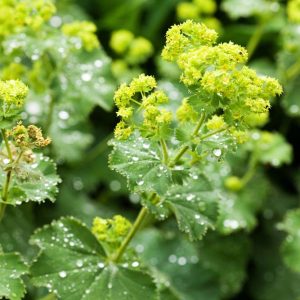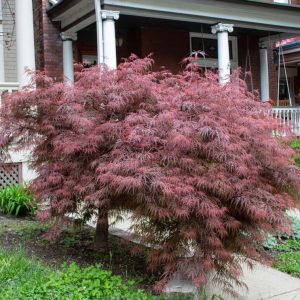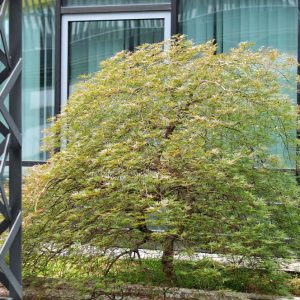Description
Melica – Melick –
There are about 75 species of deciduous, rhizomatous, clump forming, perennial grasses in this genus. They occur in grasslands of most temperate regions, except Australia. Most species are 2-5′ feet tall and form clumps of arching leaves and strong stems. In summer, panicles of laterally compressed spikelets develop pink or purple tints, are borne on erect stems among clumps of linear, flat or enrolled, arching leaves. Grow in a mixed or herbaceous border or in a woodland garden.
Grow in moderately fertile, moist but well drained soil in full sun or very light shade. Protect from excessive winter moisture. Divide as growth stars in early or mid spring.
Prone to rust, smut, leaf streak, anthracnose, and other leaf spots.
M. uniflora – This perennial grass with slender, creeping rhizomes found from Europe to Western Asia grows 8-24″ tall and 24″ wide. It produces loose tufts of linear, pointed, bright green leaves, 2-8″ long, with hairy upper surfaces. Purple or brown spikelets are borne in sparsely branched, erect or nodding panicles, 1-8″ long, in summer.
Zones 7-9





